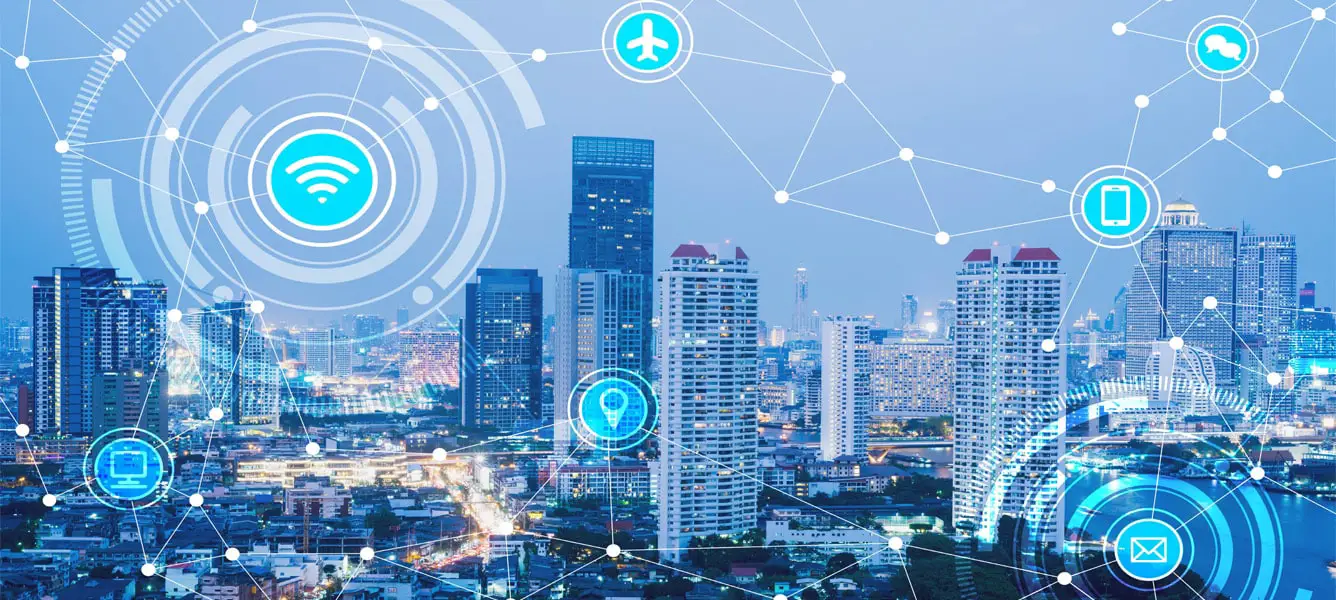The Role of AI in Building Smart Cities

Introduction:
In the era of rapidly advancing technology, Artificial Intelligence (AI) is transforming various aspects of our lives, including urban landscapes. AI-powered solutions are revolutionizing the way cities are designed, managed, and experienced, leading to the emergence of “smart cities.”
Enhancing Infrastructure Optimization:
AI plays a crucial role in optimizing city infrastructure. It enables real-time monitoring and analysis of traffic patterns, energy consumption, and water distribution, allowing for efficient resource allocation and reduced environmental impact. AI-powered systems can detect congestion, optimize traffic signals, and reroute vehicles, resulting in smoother traffic flow and reduced commute times.
Improving Public Services:
AI enhances the delivery of public services. It helps predict and respond to emergencies more effectively by analyzing data from sensors, cameras, and social media feeds. AI-powered systems can identify areas with high crime rates, monitor air quality, and provide real-time updates on public transportation availability, improving both safety and convenience.
Empowering Citizen Engagement:
Citizens play an integral role in shaping smart cities. AI facilitates citizen engagement by providing platforms for feedback, surveys, and crowdsourcing initiatives. AI-powered sentiment analysis can help identify and address community concerns, fostering a sense of inclusivity and responsiveness.
Strengthening Sustainability:
AI contributes to sustainable urban development. It helps monitor and reduce energy consumption in buildings by analyzing occupancy patterns and optimizing heating and cooling systems. AI-powered systems can also identify and manage water leaks, reducing waste and conserving this precious resource.
Enhancing Economic Development:
Smart cities powered by AI attract businesses and investment. Improved infrastructure, optimized public services, and increased citizen engagement create a favorable business environment. AI-powered systems can streamline government processes, reduce bureaucracy, and facilitate collaboration between organizations, fostering economic growth.
Conclusion:
The role of AI in building smart cities is indispensable. By optimizing infrastructure, enhancing public services, empowering citizen engagement, strengthening sustainability, and fostering economic development, AI is transforming urban environments into more livable, efficient, and resilient places. As AI technology continues to advance, smart cities will become even more interconnected, responsive, and sustainable, shaping the future of urban living.
